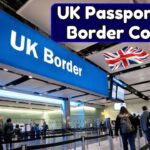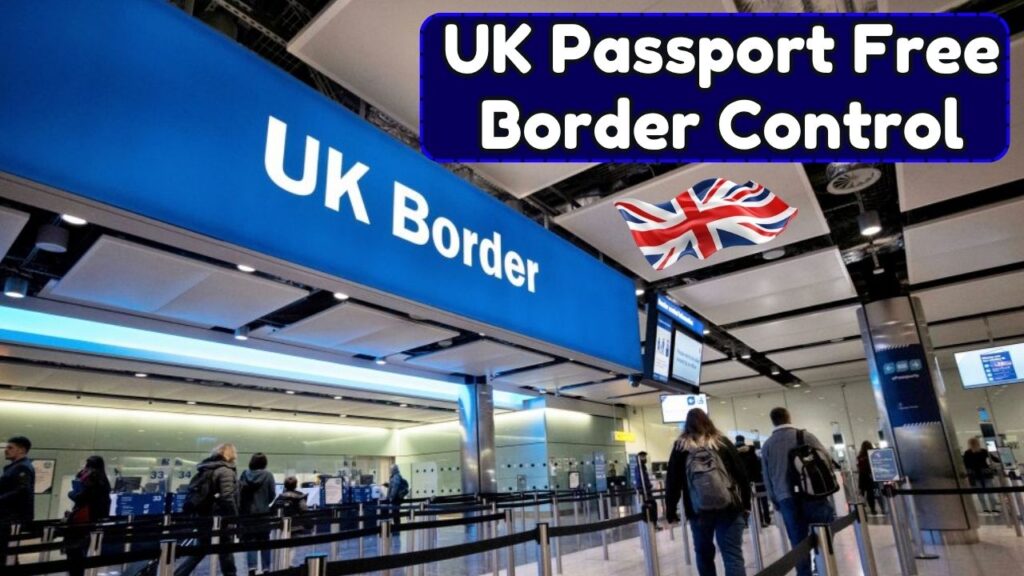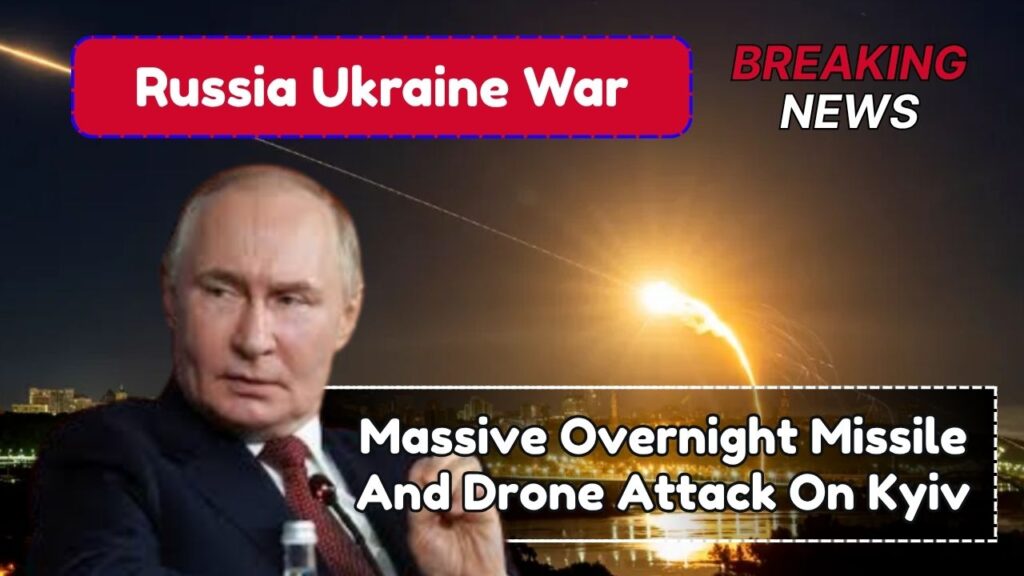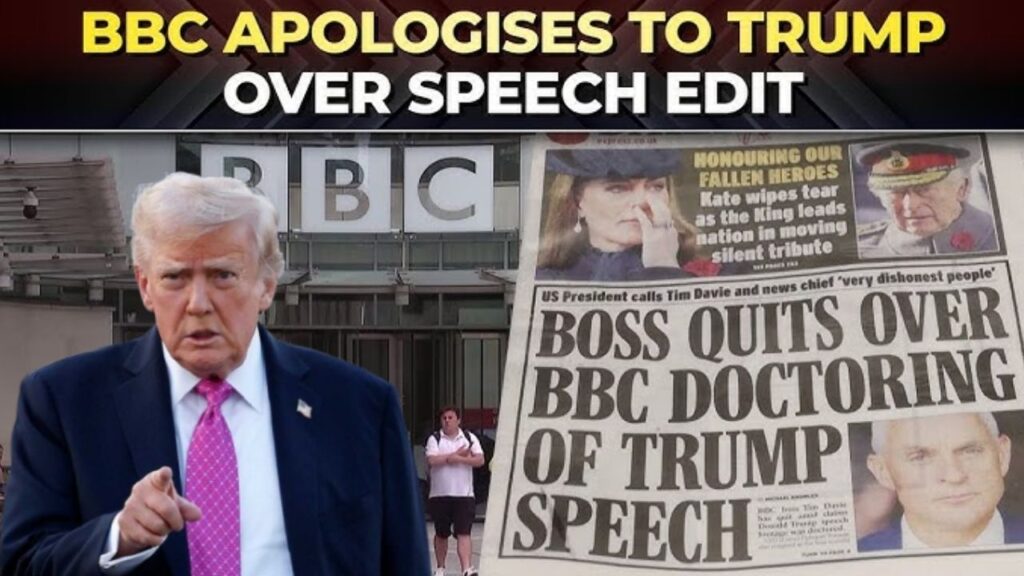The United Kingdom has taken the highly unusual step of suspending parts of its intelligence sharing with the United States after a series of deadly US military strikes on boats near Venezuela. The pause focuses on maritime surveillance and targeting data that could be used in lethal operations against suspected drug trafficking vessels in the Caribbean.
According to diplomatic reports, more than a dozen US strikes since September have left over 70 people dead. Officials and legal experts in London now fear that some of these actions may amount to extrajudicial killings or breaches of international humanitarian law. In response, the UK has decided to place a temporary firewall around certain intelligence flows, signalling one of the sharpest rifts between the two allies in decades.
Although core cooperation frameworks such as the Five Eyes alliance remain intact, the move has fuelled claims that the famous British American “special relationship is dead” in the field of targeting support, at least for these controversial operations.
Why The UK Froze Part Of Its Intelligence Sharing
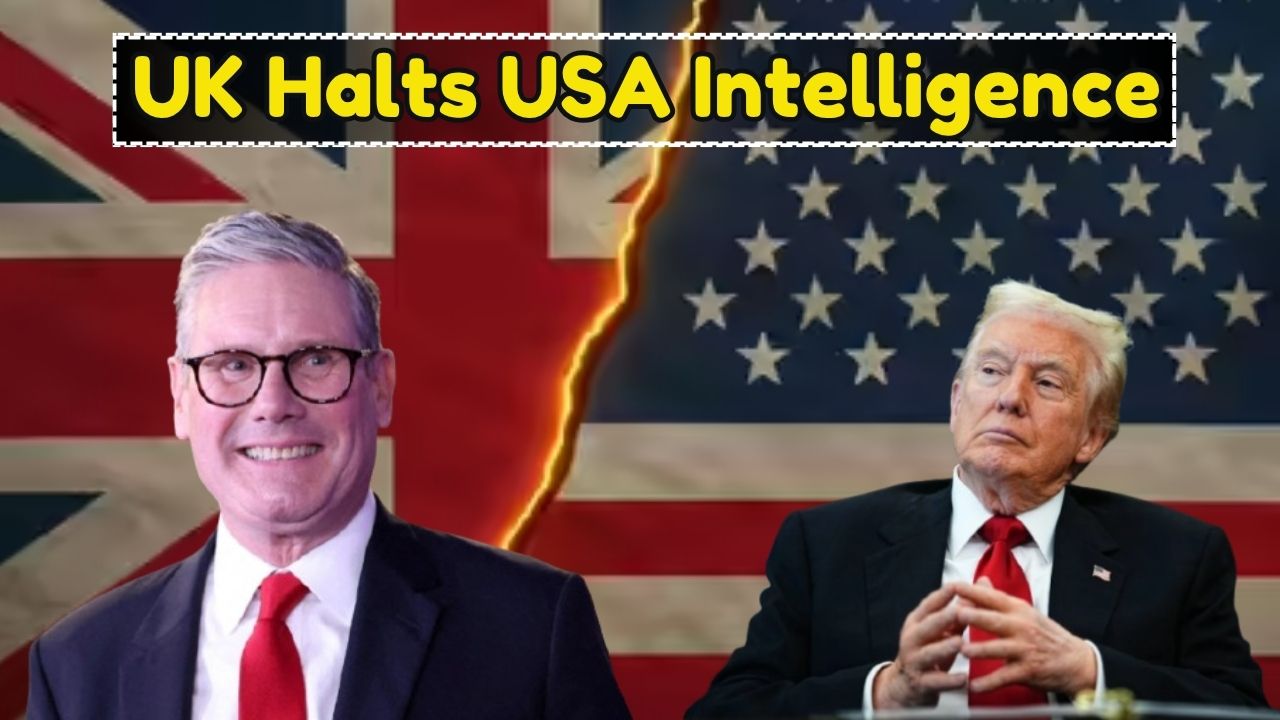
The decision to pause certain streams of intelligence did not come out of nowhere. It followed reports that US forces had conducted 14 strikes on suspected drug trafficking boats in Caribbean waters since September, leaving more than 70 people dead. These operations, led under the authority of War Secretary Pete Hegseth, have been justified by Washington as necessary actions against narcotics terrorism carried out in international waters.
British officials, however, became increasingly uneasy as casualty figures rose and details emerged of attacks that appeared to offer little chance for surrender or capture. Legal advisers warned that some strikes might be incompatible with international humanitarian law or international human rights law. If UK supplied intelligence was used to select, track or target these boats, London could be accused of aiding unlawful killings.
To avoid any risk of complicity, the British government decided to halt the exchange of specific data related to suspected drug trafficking vessels in the region. The focus is on surveillance feeds, analytical reports and other information that could directly support lethal strikes at sea.
Downing Street declined to comment on the operational details, reiterating the long standing policy of not discussing intelligence matters in public. However, a government spokesperson added that questions of legality are for competent international courts, a remark widely interpreted as a quiet rebuke of Washington’s legal defence of the strikes.
Short Summary
Key Point |
Details |
|---|---|
Main Decision |
UK suspends parts of intelligence sharing with the US related to Caribbean maritime strikes on suspected narcotics vessels. |
Reason For Suspension |
Concerns that US operations may amount to extrajudicial killings and violate international humanitarian law, risking UK complicity. |
Scope Of Freeze |
Narrow pause on maritime surveillance and targeting data, while broader intelligence cooperation and Five Eyes channels continue. |
Political Context |
Comes after at least 14 US strikes leaving more than 70 people dead and ahead of a key G7 foreign ministers’ meeting. |
Diplomatic Impact |
Creates a rare public strain in the UK US relationship and highlights London’s effort to assert independent ethical standards. |
Key Actors |
UK government, US military led by War Secretary Pete Hegseth, Foreign Secretary Yvette Cooper, US Secretary of State Marco Rubio. |
Official Site Link |
Allegations Of Unlawful And Extrajudicial Killings
The controversy surrounding the US campaign is not limited to London. Human rights organisations and United Nations officials have sounded the alarm as well. Critics argue that the pattern of operations resembles targeted killing outside a formally declared armed conflict, raising doubts about the legal framework being applied.
US officials maintain that the boats were linked to narcotics terrorism and posed an immediate and serious threat, and that the actions took place in international waters in line with the right of self defence. Opponents counter that killing suspected traffickers at sea without transparent judicial oversight or a clear battlefield context looks more like an extrajudicial execution than a lawful military engagement.
Venezuela’s government has condemned the attacks as murders and acts of aggression against a sovereign state. For London, this combination of legal, ethical and political concerns became impossible to ignore, especially as allies and multilateral bodies began to question the campaign more openly.
The UK suspension does not label the strikes illegal by itself, but it signals that Britain will not provide enabling intelligence until it is satisfied that operations comply with international standards.
Partial Suspension, Not A Complete Break
Despite dramatic headlines about the special relationship being dead, the UK has not cut all intelligence ties with the United States. The freeze is carefully targeted at data that could feed into Caribbean maritime strikes. Broader channels that underpin daily security cooperation remain active.
Key frameworks such as the Five Eyes intelligence alliance and NATO information sharing continue to function. Counterterrorism cooperation in other regions, cyber defence work and strategic intelligence exchanges remain in place. Officials on both sides are keen to avoid the impression of an outright rupture, describing the move instead as a conditional pause that protects the UK from legal risk while leaving the door open for future resumption.
One senior UK defence adviser reportedly described the approach as a firewall, not a divorce. In other words, Britain is erecting a barrier around one specific area of cooperation while preserving the rest of the relationship.
The decision also reflects a broader trend in London to assert an independent voice on questions of military ethics and international law. Under Foreign Secretary Yvette Cooper, there has been growing emphasis on aligning British foreign policy with human rights commitments, even when this requires difficult conversations with close partners.
Diplomatic Tensions Ahead Of The G7 Summit
The timing of the revelation has added a layer of diplomatic tension. It emerged just days before Yvette Cooper is scheduled to meet US Secretary of State Marco Rubio at the G7 foreign ministers’ summit in Canada.
The pause in intelligence sharing is likely to appear on the agenda, even if it is discussed behind closed doors. Observers expect Washington to push for a swift restoration of full cooperation, while London may seek clearer assurances about targeting standards and accountability mechanisms.
Downing Street has tried to manage expectations. Officials insist that the United States remains Britain’s closest ally in defence and security. At the same time, they have avoided any commitment to a return date for maritime intelligence sharing. A spokesperson noted that decisions on operations are for the United States, but underlined that the UK upholds international law in all cooperation agreements.
The episode has reopened debate about how far Britain should go in supporting allied operations that push the boundaries of legal interpretation. It also raises questions about whether the UK is prepared to set red lines for cooperation, even at the cost of short term friction with Washington.
A Rare Public Strain In A Long Standing Partnership
The intelligence relationship between the UK and the US is often described as one of the closest in the world. It dates back to the 1946 UKUSA Agreement, which laid the foundations for what later became the Five Eyes network. For decades, this partnership has been central to Western signals intelligence, counterterrorism efforts and global surveillance capabilities.
Public disagreements inside this relationship are uncommon. When they do surface, they usually concern specific operations or political decisions rather than the underlying architecture of cooperation. The current partial suspension is therefore significant, not because it ends the partnership, but because it shows that London is willing to limit certain data flows when legal red flags appear.
For some commentators, the move is a healthy sign of maturity and respect for the rule of law. For others, it risks encouraging rivals who would like to see cracks in Western unity. Much will depend on how quickly the two sides can resolve their differences and whether they can agree on clearer rules of engagement for future maritime operations.
Frequently Asked Questions
Q1. Why did the UK suspend some intelligence sharing with the US
The UK paused certain intelligence exchanges because it was concerned that US military strikes on suspected drug trafficking boats in the Caribbean might violate international law and amount to extrajudicial killings. British officials feared that providing targeting related intelligence could make the UK complicit in potentially unlawful actions.
Q2. Does this mean all UK US intelligence cooperation has stopped
No. The suspension is limited to maritime surveillance and targeting intelligence linked to the Caribbean operations. Core cooperation continues through frameworks such as the Five Eyes alliance and NATO. Other areas, including counterterrorism, cyber defence and strategic analysis, remain active.
Q3. Were the US strikes carried out in international waters
According to US officials, the strikes targeted suspected narcotics trafficking vessels in international waters near Venezuela. Washington presents the operations as defensive actions against narcoterrorist threats. Critics argue that the location alone does not settle the legal and ethical questions, especially if opportunities for non lethal options were not fully explored.
Q4. Why are these strikes seen as possible extrajudicial killings
They are seen as possible extrajudicial killings because they involve the deliberate killing of suspected criminals at sea without transparent judicial oversight, public legal justification or a clearly defined battlefield context. Human rights advocates and some international officials argue that such actions may fall outside accepted norms of warfare or law enforcement.
Q5. What happens next in the UK US relationship over this issue
Next steps will likely depend on high level diplomatic talks, including discussions at the G7 summit. The UK may seek assurances about targeting rules, accountability and compliance with international law. If London is satisfied, the restricted intelligence flows could be restored. If disagreements persist, the partial suspension may continue and could influence how the two countries coordinate on other sensitive operations.
For More Information Click HERE
